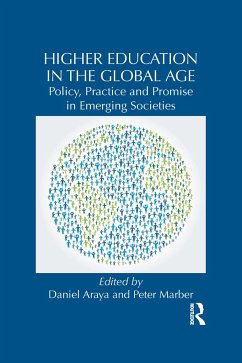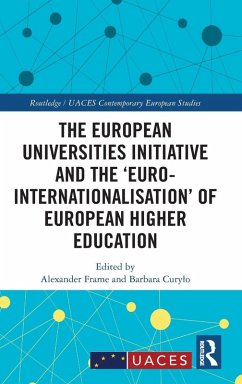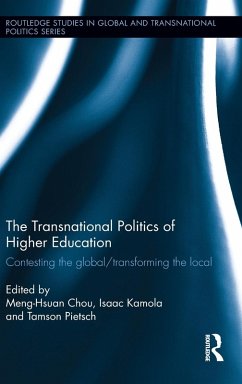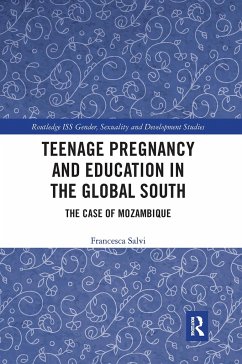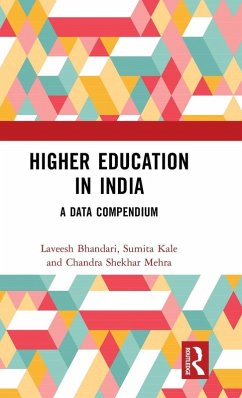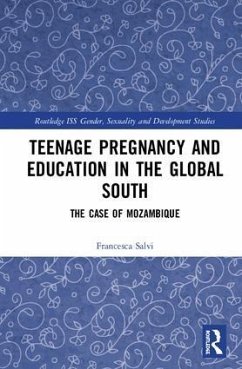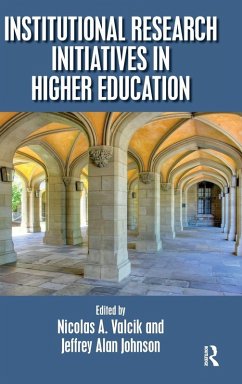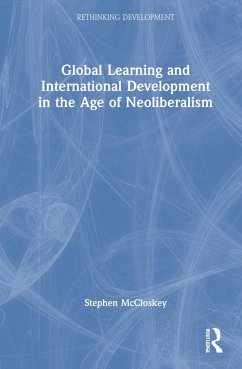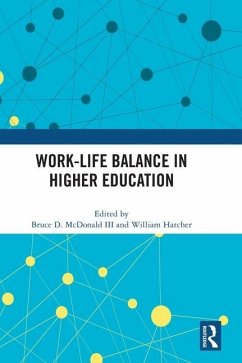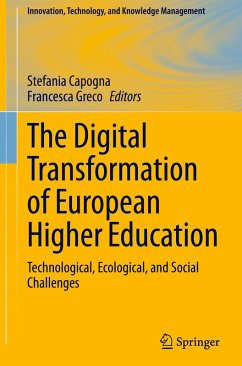Daniel Araya is a Research Fellow at the Institute for Computing in the Humanities, Arts and Social Sciences at the National Center for Supercomputing Applications. He is also a Research Associate with the Digital Media and Learning Research Hub at the University of California, and a Research Affiliate with the Martin Prosperity Institute at the University of Toronto. His newest books include: Smart Cities as Democratic Ecologies (2014, Palgrave), Higher Education in the Global Age (with Peter Marber) (2013, Routledge), and Education in the Creative Economy (with Michael A. Peters) (2010, Peter Lang). He has a Ph.D. from the University of Illinois at Urbana-Champaign and is an alumnus of Singularity University's graduate program at the NASA Research Park in Silicon Valley. Peter Marber is a professional money manager, writer and teacher specializing in globalization and emerging markets. He has held senior positions at some of the world's largest banks and financial institutions since 1987, and has taught at Columbia University since 1993. An author of more than 100 articles and columns on global topics, Marber's first book, From Third World to World Class: The Future of Emerging Markets in the Global Economy, was named "future reference reading for the 24/7 Global Marketplace" by Wired. David Brooks of the New York Times called his second book, Money Changes Everything: How Global Prosperity is Reshaping Our Needs, Values, and Lifestyles, "an outstanding primer on the awesome social effects of globalization." His third book, Seeing the Elephant: Understanding Globalization from Trunk to Tail, was published in 2009. His next book is titled Brave New Math: Information, Globalization and the Need for New Policy Thinking. He serves on various boards for Columbia University, New America Foundation, World Policy Institute, and the Emerging Markets Trade Association.





